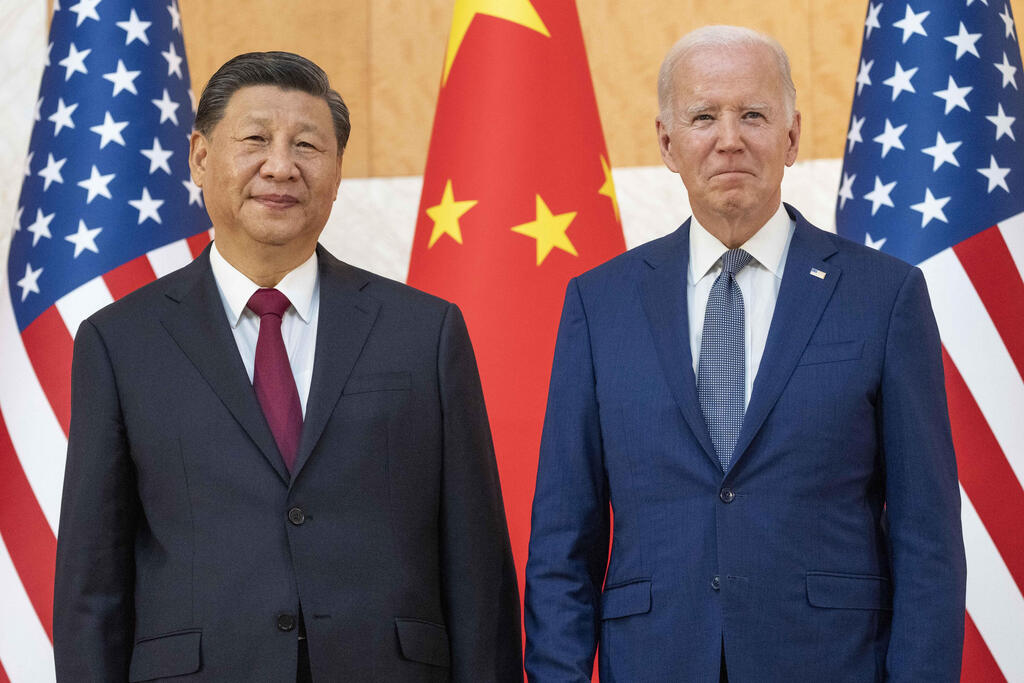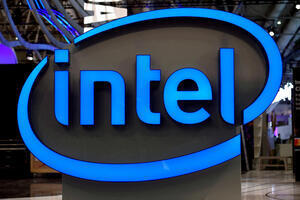To truly grasp the impact of China's role in the Intel-Tower Semiconductor deal, a journey back in time is necessary, tracing back to 1949 during the throes of the Chinese Civil War. This conflict culminated in the victory of the Communist Party, a triumph that reverberates to the present day. In the wake of this outcome, the Nationalist Party (officially called The Republic of China armed force), sought refuge on the neighboring island, a place we now identify as Taiwan.
Read more:
However, it's important to note that China has yet to officially acknowledge Taiwan's separate existence, instead asserting its own sovereignty over the island. This contrasts sharply with Taiwan's perspective, which considers itself a fully independent nation. Despite this self-assertion, diplomatic recognition of Taiwan remains limited across the global landscape.
Fast forward three decades to the late 1980s, and the island's economic landscape looked vastly different. Agriculture and farming, once predominant, gave way to a sweeping transformation. This transformation marked the inception of a semiconductor industry revolution. The cornerstone of this shift was the establishment of TSMC, or Taiwan Semiconductor Manufacturing Company. During the early 2000s, the company, while in its infancy, had yet to ascend to the ranks of a major player within the global semiconductor arena.
To grasp the realm of semiconductor manufacturing, it's crucial to bear in mind that although the term might seem fairly broad, it encompasses an array of intricate sub-categories, all falling under the overarching domain of "semiconductors." Among these, we find:
1) CPU - The chips responsible for powering processors, computers, and cloud computing services - a domain predominantly occupied by Intel's chip production.
2) RAM - Chips that cater to memory storage and flash functionality.
3) DAC and ADC - Analog chips, designed to fuel applications ranging from artificial intelligence and autonomous systems to electric vehicles and beyond.
Over the years, the semiconductor landscape was primarily shaped by two major players: Intel and TSMC. However, a transformative situation emerged as TSMC leveraged its cost-efficient manufacturing practices and the scalability of its chip designs, gradually eroding Intel's once-firm grip on the global chip market.
Consequently, in the year 2019, TSMC's market valuation hovered around the 200 billion-dollar mark. Fast-forward to 2023, and that value has surged to an impressive approximate of half a trillion dollars. In stark contrast, Intel, which commanded a market value of roughly 196 billion dollars in 2019, now finds itself with a market valuation of approximately 136 billion dollars in 2023.
Where does the United States fit in?
Amid the ongoing trade tensions between the U.S. and China, the semiconductor matter emerges as a pivotal issue, leaving Taiwan in a precarious position, caught between conflicting interests of world super powers. Both nations heavily rely on Taiwan's robust semiconductor capabilities, placing the country in a delicate balancing act.
For China, a significant portion (around half, in fact), of the semiconductors it depends on are manufactured by TSMC. It's worth noting that within the industry, the true differentiator is the skilled workforce rather than mere machinery or financial resources.
Conversely, the US faces a unique situation where corporate giants like Amazon, Microsoft, and Google largely operate from within its own borders. Furthermore, the American security sector, responsible for producing crucial chips, is based in Taiwan. From the American perspective, safeguarding these critical technologies from falling into the hands of China becomes a paramount concern.
So what about Intel?
As a result of the cost differential in chip manufacturing, the United States has found itself heavily reliant on TSMC, creating a situation it is keen to rectify. Therefore, there exists a strong American interest in providing support to Intel and its efforts to bridge the gap within the processor, computer, and cloud semiconductor sectors.
Over the past week, news headlines have been dominated by the dissolution of the partnership between Intel and the Israeli company, Tower Semiconductor, which specializes in crafting chips that seamlessly integrate into an extensive array of products across diverse markets.
These encompass consumer electronics, personal computing devices, communication gadgets, automotive components, industrial machinery, and medical apparatuses. Moreover, Tower offers indispensable engineering assistance and supplementary manufacturing services.
The deal was initially set to be a purchase agreement with the Israeli company hailing from Migdal HaEmek, amounting to around $1.4 billion. However, due to the Chinese regulatory authority's non-approval, the deal fell through, which will cost Intel $353 million cancellation fee. As mentioned earlier, Chinese regulatory authorities have the mandate to approve any merger or acquisition involving a company that derives a specific portion of its revenue from China.
Against this backdrop, the US government's October 2022 decision, which forbids the export of advanced chips or equipment essential for manufacturing, has emerged. In recent weeks and months, the United States has escalated the enforcement of more stringent limitations, including the embargo on exporting AI chips, the restriction of Chinese firms' access to cloud services reliant on these chips, and the prohibition for American organizations to invest in China's chip, quantum computing, and AI domains.
Not to be outdone, China has implemented its own restrictions by curbing the production of critical materials like Germanium and Gallium, both pivotal for the manufacturing of advanced chips, a sector where it holds a considerable share of the global supply chain.
The Migdal HaEmek company experienced the ramifications of being embroiled in a US-Chinese conflict the hard way, when the market responded vigorously, causing its stock to plummet by 10% the following day and erasing $400 million from its market value. More broadly, throughout the year, TSMC's stock suffered a 30% decline, wiping around $1.4 billion off the company's market capitalization.
Guy Natan is a financial consultant




